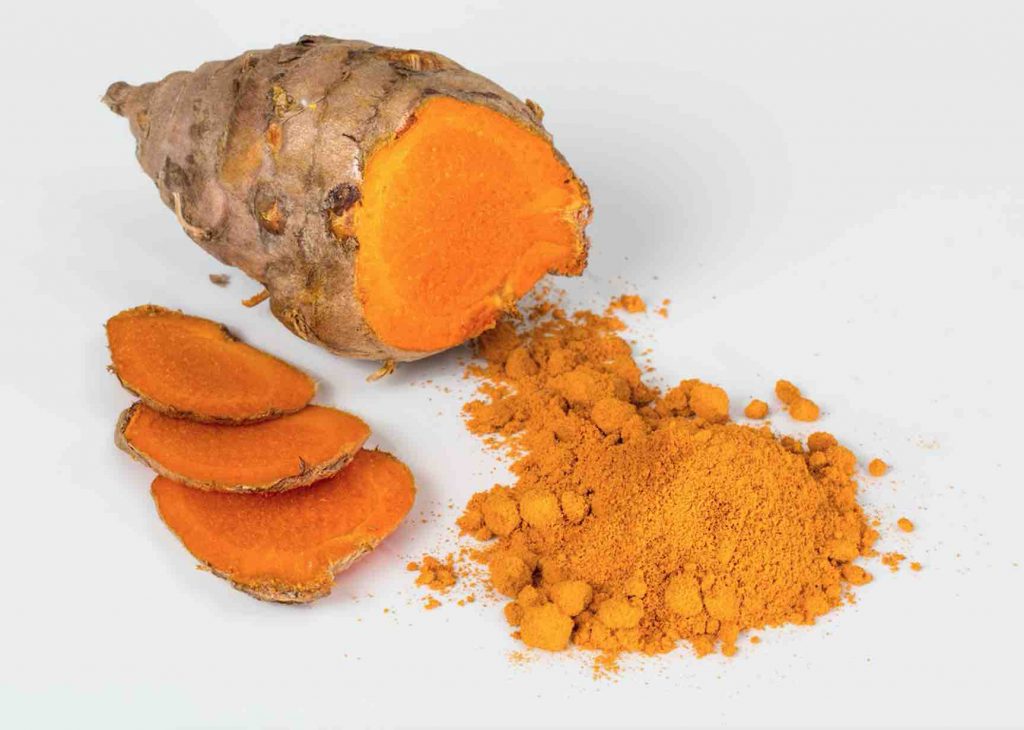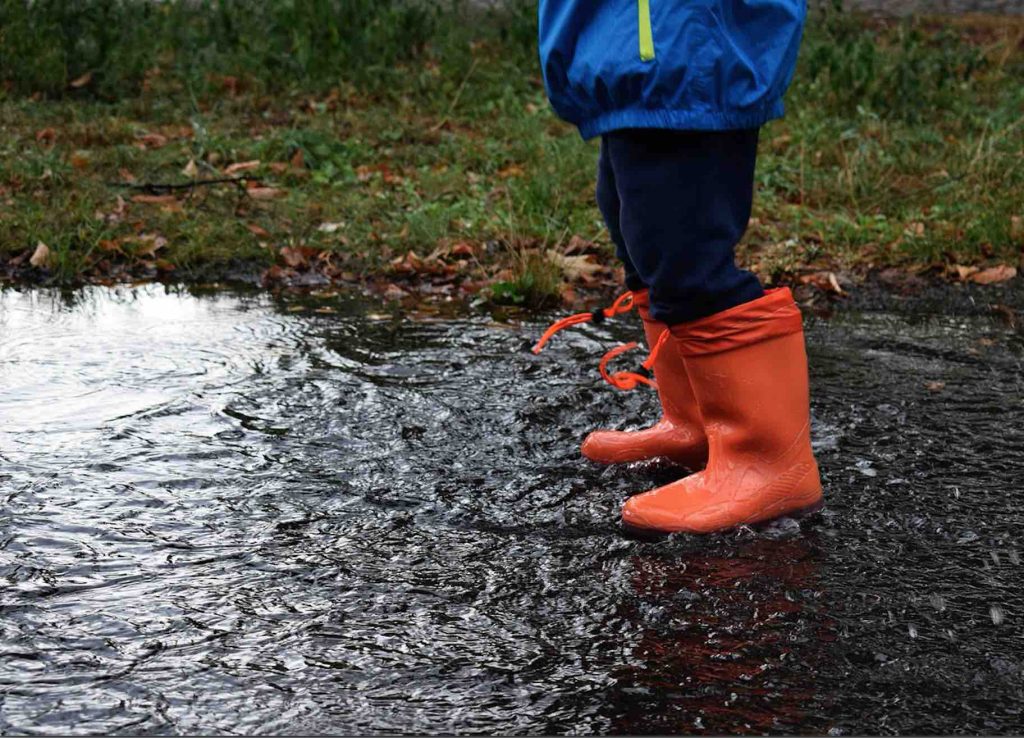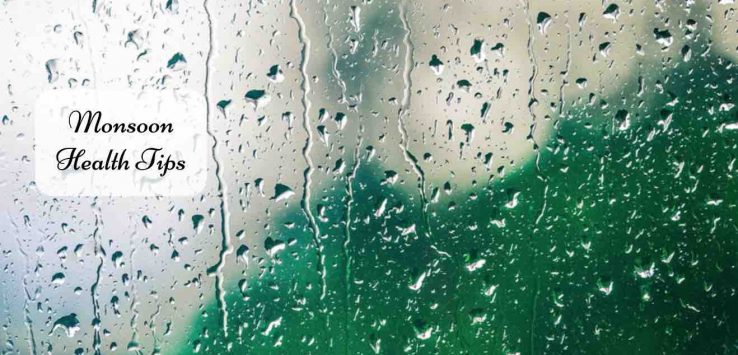- 2Shares
- 1. Your Go-To Rainy Season Food
- 2. Foods To Avoid During Monsoon
- 3. Tips To Prevent Rainy Season Diseases
- 4. Prevent Skin Infections.
Ayurveda believes that the external atmosphere has a direct impact on the internal atmosphere, that is, our health. Ayurveda lays out specific measures to be followed in every season. This is based on the variations of the weather affecting the physiological processes of the body. With every monsoon season which brings respite from the heat, a whole lot of rainy season diseases also follow. It’s therefore important to follow monsoon season health tips. According to Ayurveda, the monsoon season aggravates Pitta dosha (the fire element in the body) which makes digestion sluggish. The immunity level also takes a beating. The humidity in the air adds to health problems like indigestion, infections, hair loss, and skin ailments.
Monsoon Season Health Tips
1. Your Go-To Rainy Season Food
- Ayurveda suggests easily digestible food items be consumed during the rainy season.
- Vegetables like snake gourd, ash gourd, bitter gourd are extremely nutritious and are a much better option than leafy greens during the monsoons.
- Rainy season foods include spices like turmeric. It is a well-accepted immunity booster. It should be included in the diet owing to its anti-inflammatory properties.
- Cumin seeds must also find its way to your plate during the monsoons. They soothe the digestive system.
- An Ayurvedic drink made by adding a pinch of salt, pepper, long pepper and ginger to a cup of water helps during this season. It keeps the digestive system in good shape.
- The rainy season fruits that can you chose above others for the monsoon season: plum, cherry, peach, jamun, and litchi.

2. Foods To Avoid During Monsoon
- The monsoon season brings a whole host of diseases, especially through contaminated water. All street food therefore must be avoided.
- Leafy greens are not a good rainy season food since they are highly susceptible to germs.
- It’s the breeding season for fish and prawns so seafood should be avoided during the monsoons.
- Oily foods should be avoided as they are heavy to digest.
- Frozen food and food having bitter, hot and astringent properties should also be avoided.
3. Tips To Prevent Rainy Season Diseases
- Don’t let the rains keep you from exercise. Continue with your exercise regime and sweat out that extra moisture as well as harmful bacteria.
- Personal hygiene is paramount in this season to prevent rainy season diseases. Washing with just water is not enough. Use an anti-bacterial solution or soap to clean out all those germs after you have been outdoors.
- Cases of ear infections, flu, common cold, and eye infections like conjunctivitis multiply in number and no signs should go ignored.
- Keep drinking water, and then some more. You may not feel too thirsty but you should keep hydrating the body, otherwise it may lead to a drop in immunity and make you lethargic.
- One must avoid walking in an air-conditioned room with wet hair and damp clothes.
- As far as possible we must keep our body warm so that it protect us from any rainy season diseases when the temperature goes down.
- A hot water bath is preferable during the rains as it helps curb Vata.
4. Prevent Skin Infections.
- Add 1-2 spoons of neem oil to half a cup of sesame oil for an easy massage before taking a hot water bath at least once a week – this helps safeguard your skin from infections and keeps it healthy and supple.
- Since the feet tend to get wet frequently during the rains, people, especially diabetics need to take extra care not to let the feet remain wet.
- Wear slippers when you’re indoors as well and use footwear with a good grip to avoid slipping. Keep nails trimmed and dry at all times.
- It’s a good idea to invest in a pair of rainy boots for proper protection.

Note: Posts on Ayurvedum are solely for the purpose of sharing the goodness of Ayurveda and bringing awareness about natural and healthy living. Please do not substitute it for professional medical advice. Ingredients discussed can interfere with certain medications. So, before using anything to treat yourself, always consult an Ayurveda doctor or practitioner.






Leave a Reply